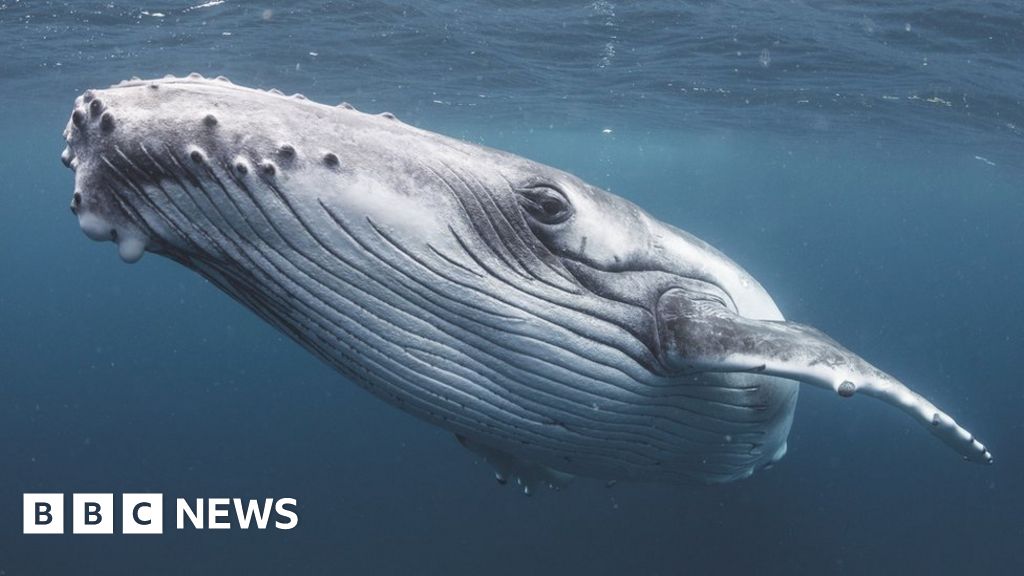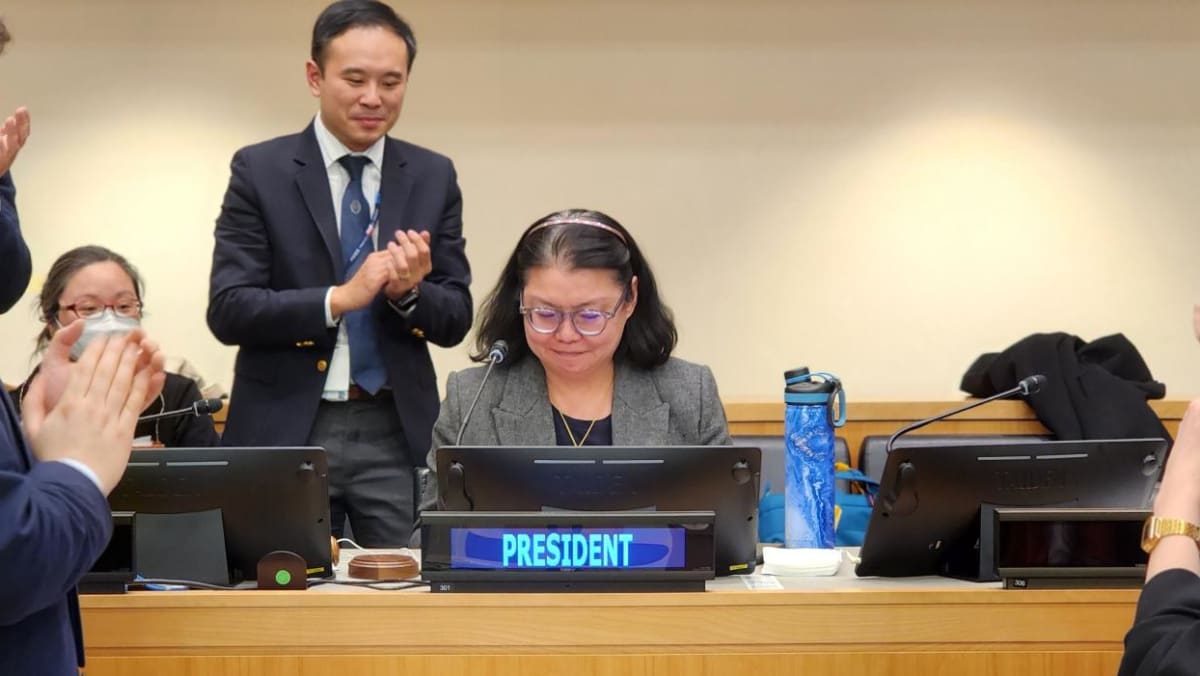190 nations agreed to set up protection zones to safeguard 30% of the world’s ocean outside of territorial waters.
With some nations having a boundless appetite for the ocean’s bounty and commercial fishing enterprise at a staggering scale, this is a welcome step forward from the U.N. Nonetheless, I imagine Dr. Earle may be only slightly enthused and rather ask if we can get fewer but the more powerful nations to sign up for the remaining high seas. I imagine she’ll say 30% is just a start and I‘d agree with her.
As the Foreign Policy article points out, implementation is key and it’s where I think we will see which nations really care about the ocean. I suspect some nations will find creative ways to skirt the spirit and letter of the law. And while I believe in the charter of the U.N., I’m not naive about its challenges and effectiveness in rigorous enforcement.
Still, this seems like a positive step forward.

 foreignpolicy.com
foreignpolicy.com

 www.bbc.com
www.bbc.com
With some nations having a boundless appetite for the ocean’s bounty and commercial fishing enterprise at a staggering scale, this is a welcome step forward from the U.N. Nonetheless, I imagine Dr. Earle may be only slightly enthused and rather ask if we can get fewer but the more powerful nations to sign up for the remaining high seas. I imagine she’ll say 30% is just a start and I‘d agree with her.
As the Foreign Policy article points out, implementation is key and it’s where I think we will see which nations really care about the ocean. I suspect some nations will find creative ways to skirt the spirit and letter of the law. And while I believe in the charter of the U.N., I’m not naive about its challenges and effectiveness in rigorous enforcement.
Still, this seems like a positive step forward.

The World’s Historic Oceans Treaty
The landmark agreement is designed to safeguard biodiversity in the high seas.

What is the UN High Seas Treaty and why is it needed?
The first international agreement to protect the world's oceans for 40 years has been reached.




